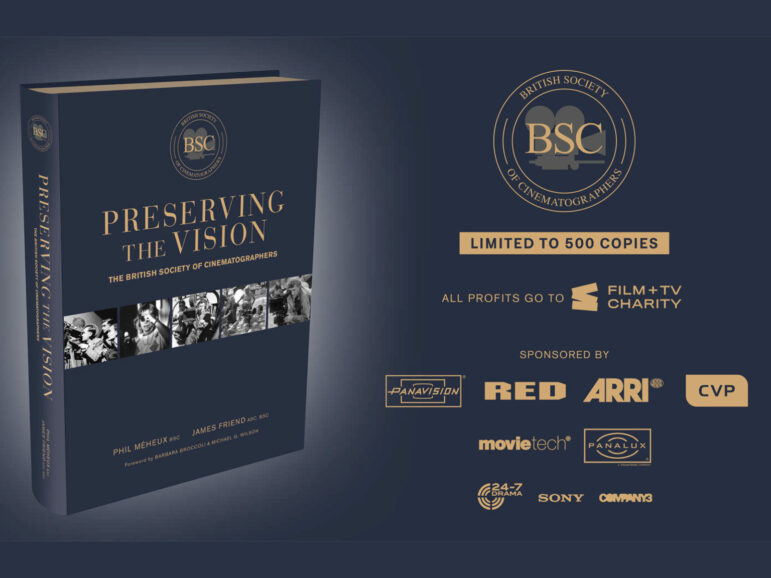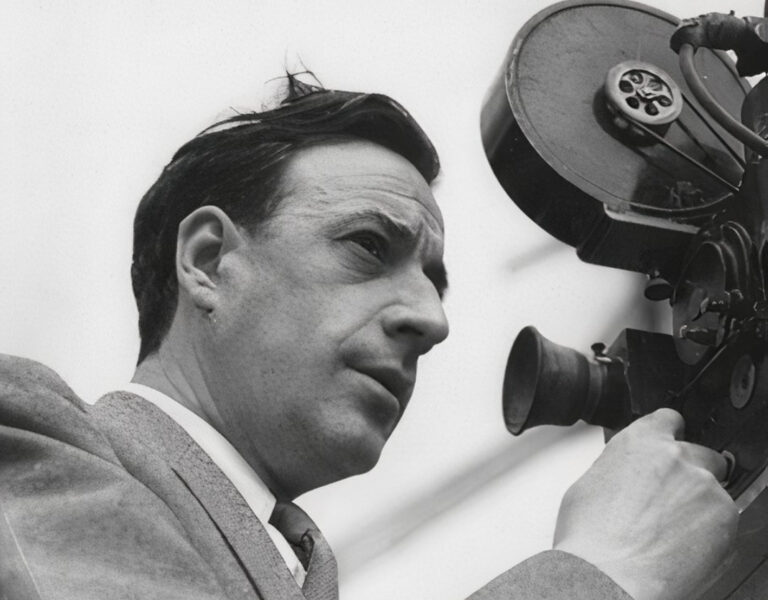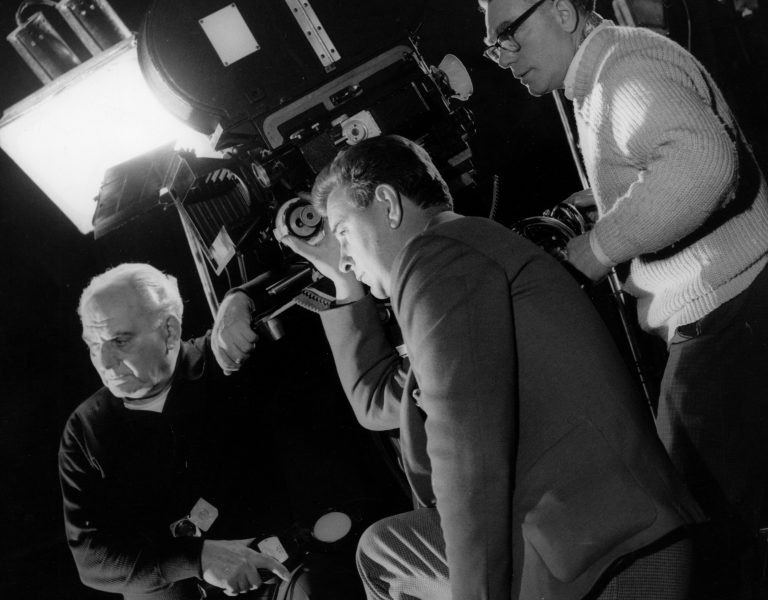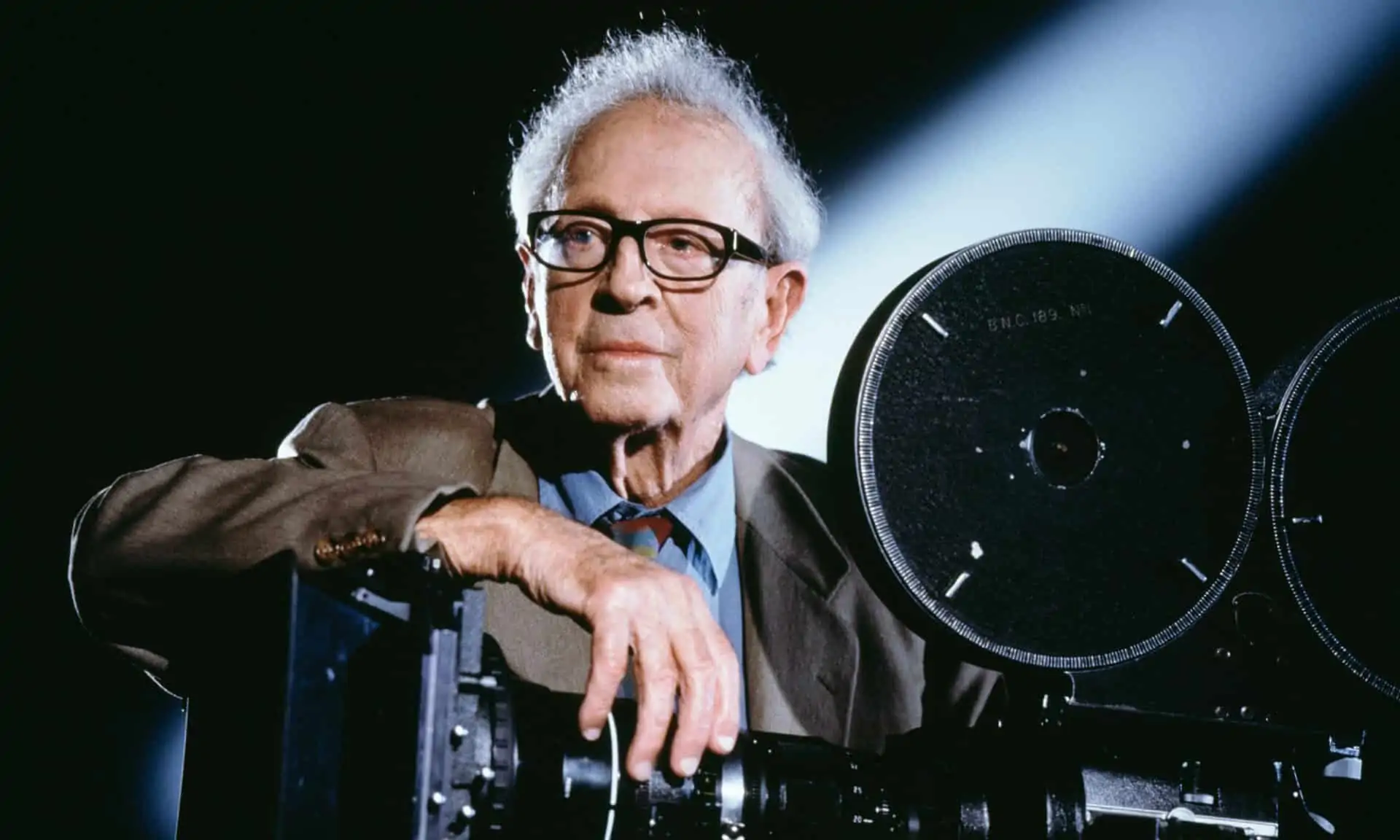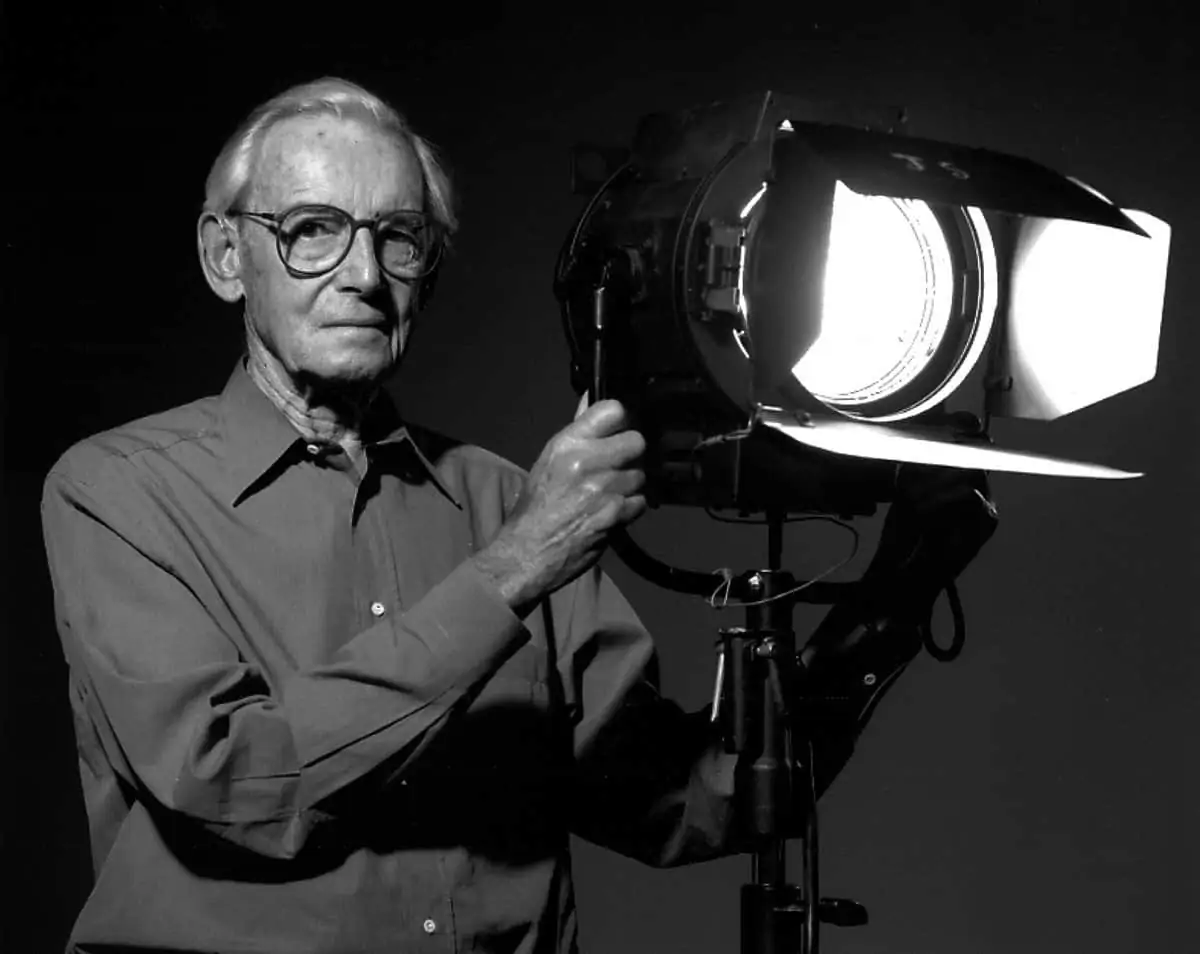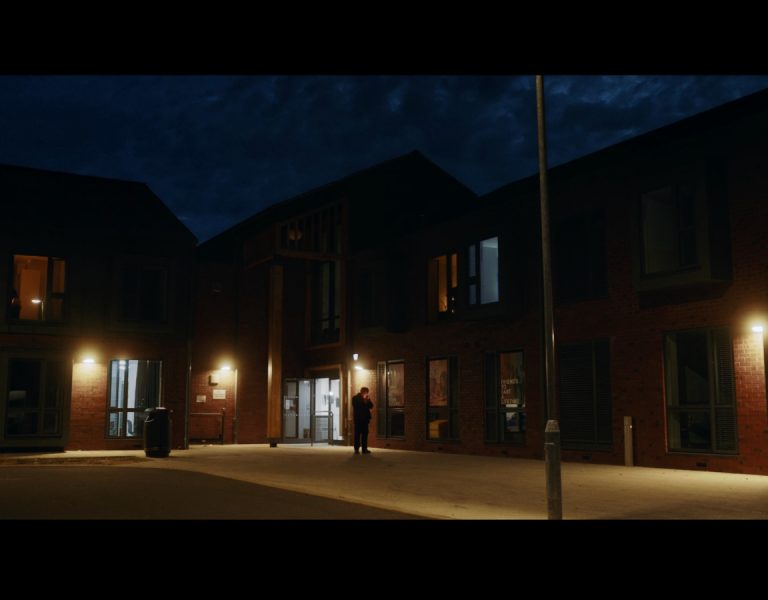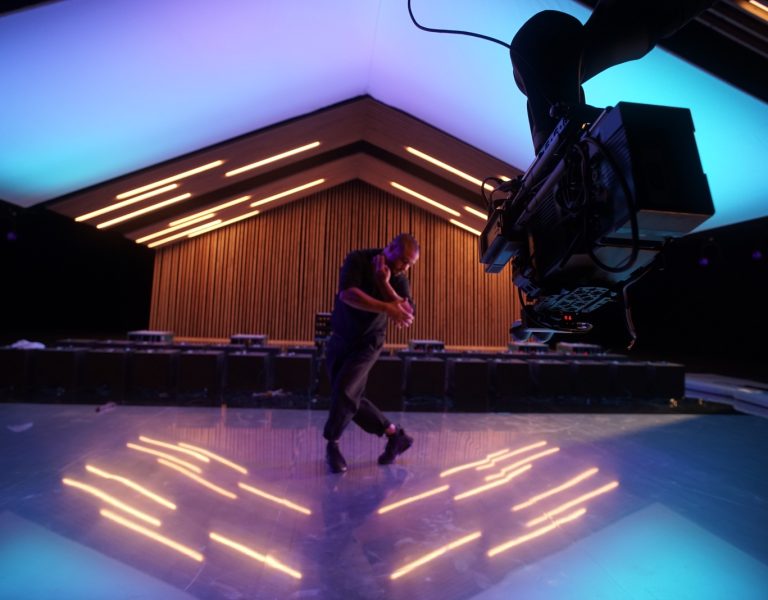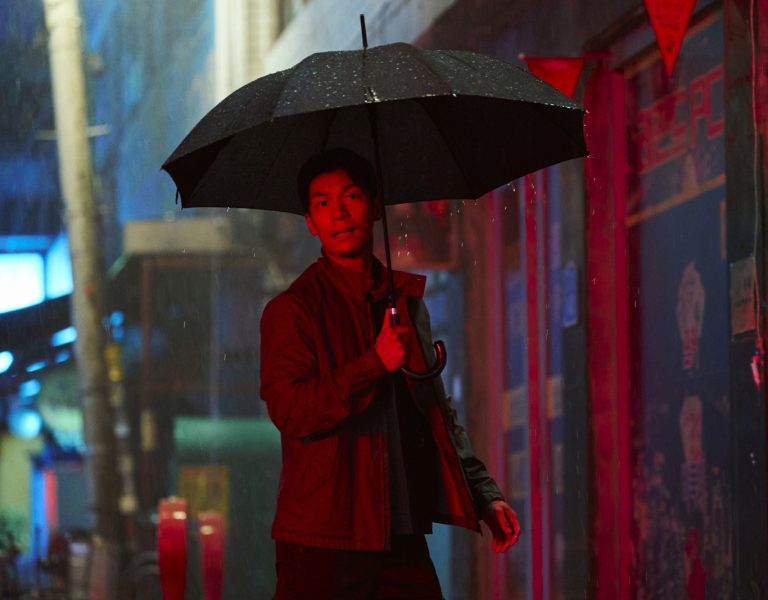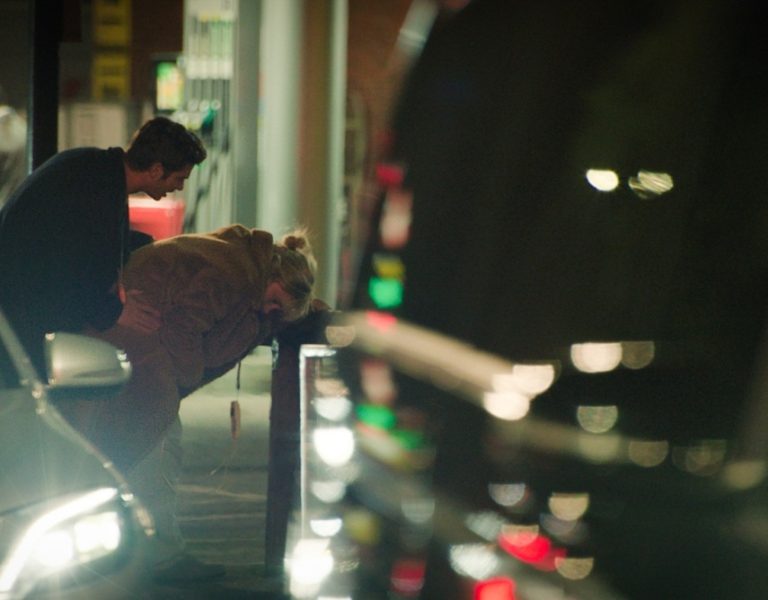CINEMATIC SUPERMAN
Our latest instalment from the BSC’s Preserving the Vision spotlights founding member and society president (1964-65) Geoffrey Unsworth OBE BSC.
Among Geoffrey Unsworth OBE BSC’s standout work are films such as 2001: A Space Odyssey (1968 d. Stanley Kubrick); Superman (1978 d. Richard Donner); winning an Oscar for Cabaret (1972 d. Bob Fosse); and a BAFTA and BSC Best Cinematography Award for A Bridge Too Far (1977 d. Richard Attenborough).
Over a 40-year-long career, Unsworth worked on nearly 90 feature films. Born in 1914 in Lancashire, Unsworth entered the film industry in 1932 at Gaumont-British before joining Technicolor five years later as a Technicolor camera assistant on The Four Feathers (1939 d. Zoltan Korda). He continued as camera assistant on The Life and Death of Colonel Blimp (1943 d. Michael Powell and Emeric Pressburger) and graduated to camera operator on Men of Two Worlds (1946 d. Thorold Dickinson) and A Matter of Life and Death (1946 d. Powell and Pressburger) as well shooting Technicolor documentary shorts such as Tenth of Steel (1942), Gardens of England (1942) and The People’s Land (1943).
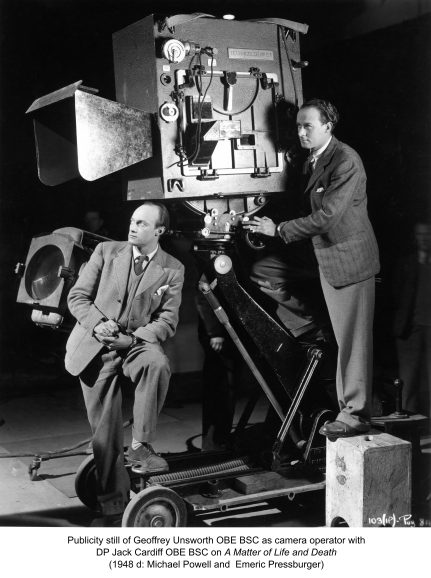
Unsworth made his feature debut as Technicolor cinematographer on Laughing Lady (1946 d. Paul Stein). Moving to Rank at Pinewood Studios, he shot adventure films, comedies and thrillers in both black and white and colour and was loaned out to Ealing for location work on Scott of the Antarctic (1948 d. Charles Frend) and as DP on Where No Vultures Fly (aka Ivory Hunter, 1951 d. Harry Watt).
His breakthrough into the top ranks of cinematographers was on the film Becket (1964 d. Peter Glenville), for which he received his first Academy Award nomination plus a BAFTA and a BSC Best Cinematography Award. He failed to be Oscar-nominated for his spectacular work on 2001: A Space Odyssey (1968) because Stanley Kubrick was generally given credit for the film’s visual style. He was much in demand for period pieces, winning his first Oscar for Bob Fosse’s Cabaret (1972) and was George Lucas’ first choice for Star Wars Episode IV – A New Hope but was committed to shooting Superman (1978) and therefore unavailable.
On Superman, he was responsible for integrating the work of several additional cinematographers and visual effects designers and at the same time retaining a respectful approach to an iconic comic book figure. Director Richard Donner said of this work: “The flying scenes in the original Superman would not have been possible had it not been for Unsworth’s efforts in helping to develop a new photography process that was much more realistic and natural looking than the blue screen technique that existed at the time. The style he developed was essentially that of a science-fiction period film; the glamorous, often highly diffused cinematography observing a panoply of images of Americana, suggesting an epic timeframe for the film’s scenes, a mythic America somewhere between the 1930s of the original comics and the 1970s.”
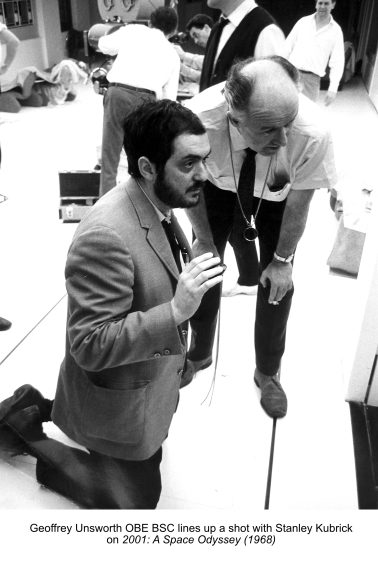
Unsworth was BAFTA and BSC-nominated for his work on the film which won an Oscar for its visual effects team. He went on to shoot A Bridge Too Far (1977 d: Richard Attenborough) winning both a BAFTA and a BSC Best Cinematography Award. In 1978 Unsworth died of a heart attack in France while filming Roman Polanski’s Tess (1979), for which he won a posthumous Oscar shared with French DP Ghislain Cloquet.
His other credits include: The Blue Lagoon; The Clouded Yellow; The Sword and the Rose; A Town Like Alice; Hell Drivers; A Night to Remember; The World of Suzie Wong; Genghis Khan; Othello; Half a Sixpence; The Magic Christian; Unman; Wittering and Zigo; Alice’s Adventures in Wonderland; Zardoz; Murder on the Orient Express; The Return of the Pink Panther; and The Great Train Robbery.
–
SELECTED AWARDS: BSC Nomination: A Town Like Alice ( 1956 d. Jack Lee)
BAFTA Nomination: Tamahine (1963 d. Philip Leacock)
BAFTA, BSC Best Cinematography and OSCAR Nominations: Becket (1964 d. Peter Glenville)
BAFTA Award: 2001: A Space Odyssey (1968 d. Stanley Kubrick)
OSCAR, BAFTA and BSC Best Cinematography: Cabaret (1972 d. Bob Fosse)
OSCAR and BAFTA Nominations: Murder on the Orient Express (1974 d. Sidney Lumet)
BAFTA Nomination: Zardoz (1974 d. John Boorman)
BAFTA and BSC Best Cinematography: A Bridge Too Far (1977 d. Richard Attenborough)
BAFTA and BSC Nominations: Superman (1978 d. Richard Donner)
OSCAR and BAFTA Awards: Tess (1981 d. Roman Polansk) shared with Ghislain Cloquet AFC
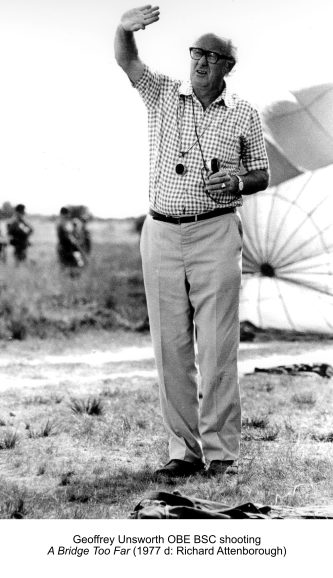
–
Preserving the Vision
This piece was adapted from the book, Preserving the Vision. Compiled and edited by Phil Méheux BSC and James Friend ASC BSC, the book celebrates the history of the British Society of Cinematographers along with biographical details of every member since its inception in 1949 plus listings of their awards and notable credits.
The book can be purchased from the BSC by contacting Helen Maclean at helen@bscine.com. All profits will benefit the Film & TV Charity.
